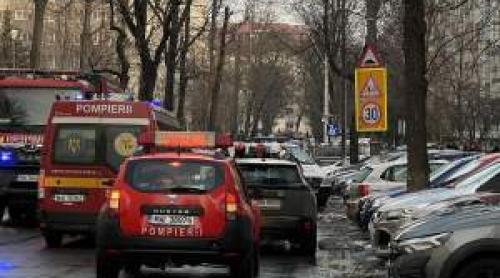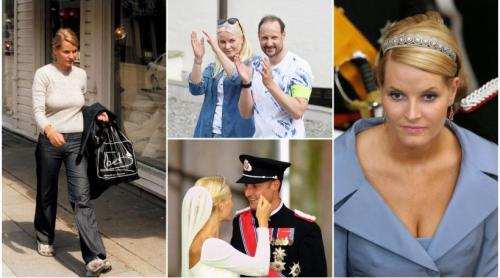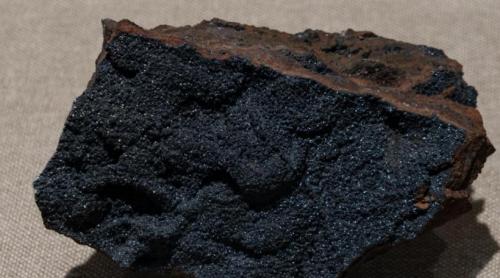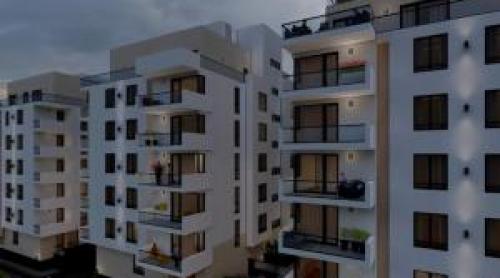
SPECIAL - March 7th 2005
When an intelligence officer defected, their families took the brunt of repression from the authorities: they were interrogated, investigated and had their property taken away.
By RAZVAN BELCIUGEANU

|
|
Liviu Turcu (photo) and Ion Pacepa are two of the former defectors who had the rulings passed by the communist state reversed
|
It is up to the Romanian judicial system to evaluate if these people condemned to death by the communist authorities for their defecting to the West, double-spied for money, for adventure, or for other reasons. And it is up to the Romanian society to debate what prompted those grown-men and experienced intelligence officers to defect, what was really going on inside the Foreign Intelligence Service and how much influence the Soviets had on it. Also relevant would be to find out which exactly was that top-secret intelligence these people passed on to the foreign intelligence officers.
We should not rest indifferent to this topic, as we did for the past 15 years.
1st Lt. Nicola Traian, born 1949, graduated from the Academy for Economic Studies, was married and had two small children, when he defected in December 1979 when sent on a mission to a Western country. He was an officer of the Foreign Intelligence Service, UM 0544 military unit, sent abroad to carry classified documents to the Romanian Embassy in a Western country, when he left his mission and passed the documents to the local intelligence service. As written in Ruling 28/ 17.03.1980, of the Local Military Tribunal, in file 77/1980, Traian also passed on other top-secret information he was aware of, an action which was likely to damage the security of Romania. These actions were proven by the Note 003303/ 8.01.1980, issued by the intelligence service, by the wire-dispatch sent by Traian in which he announced that he was not coming back to Romania, by an order of the military unit stating that he was deemed a deserter, and the statement of his sister-in-law, Marilena Sasu, who confirmed Traianâs decision to not come back to Romania. Hence he was condemned to death, had his personal property confiscated and other two sentences of seven years each passed to him for treason and for desertion, respectively. He also had his military rank stripped and was condemned to pay the expenses with the trial. The court was presided by Octavian Cuciureanu and composed by Valeriu Sitaru, Nicolae Marcean, Alexandru Grecu, Constantin Niculescu, and had Radu Ivan acting as a prosecutor and Romil Plesu as registrar of the court.
The court was presided by Valeriu Sitaru, and composed by Mircea Galatiuc, Vasile Capusan Vasile, Dumitru Marculescu, Constantin Niculescu Constantin, and had Mihai Stefanescu acting as prosecutor and Romil Plesu, as registrar to the court.
Intelligence officers who defected to the West had all their property confiscated. Hence the people taking the brunt of the repression were the families of these officers. For example, see the memo of the confiscation of property belonging to 1st Lt. Nicula Traian:
The document of 11.01.1980 was drafted by Lt. Col Ion Hristenco Ion and Lt. Col. Pavel Mateiuc, of the Criminal Investigations Division in the Foreign Intelligence Service.
They recorded Traian to own a couch, two armchairs, two stools and a table - all valued at 5,800 lei; a bookcase valued at 5,000 lei; a flower holder valued at 800 lei; six rugs valued 200 lei per sqm; an oil-painting, valued at 600 lei; two lamps of 30 lei each; a set of kitchen furniture, valued at 1,000 lei; a cooking stove, valued at 800 lei; furniture for the dormitory, valued at 18,000 lei; a beach chair valued at 350 lei; a lamp valued at 100 lei; a piece of furniture for the electronic & music equipment, valued at 200 lei; curtains and curtain holders, valued at 200 lei; and 100 lei respectively; a washing machine "National Computer Matic - 10 Programs", valued at 6,000 lei and a drier, "National Electric Drier - NH 550", valued at 2,000 lei; a fridge "Privilege de Luxe", valued at 6,500 lei.
The memo also states that no clothing or personal belongings of the wife and children were confiscated; also left behind for the use of the family were the books, the china and the cutlery, the toys, a crib, a plastic sink and a carpet.
Citește pe Antena3.ro

















